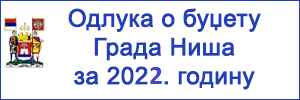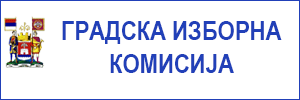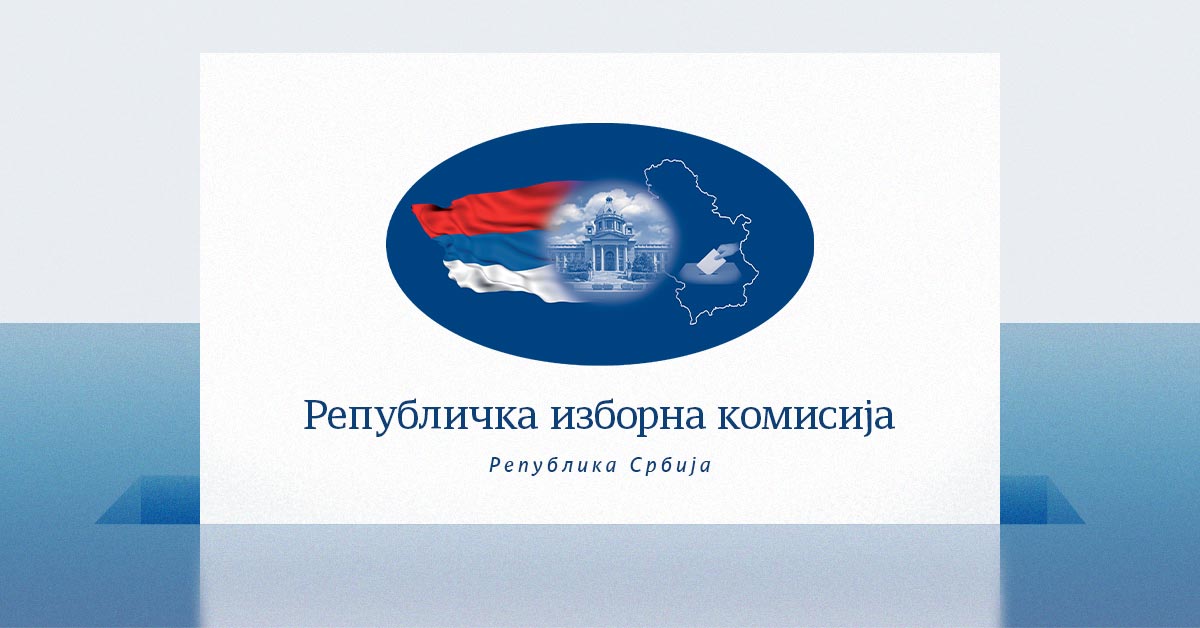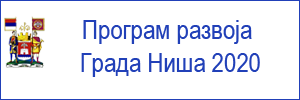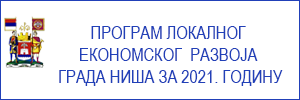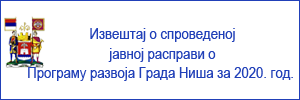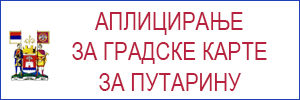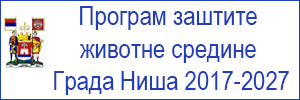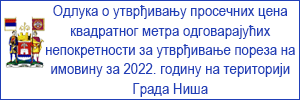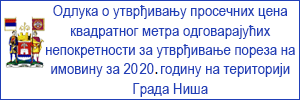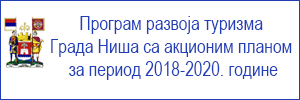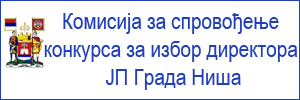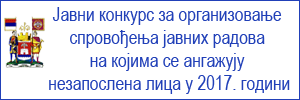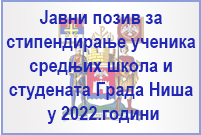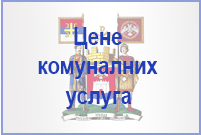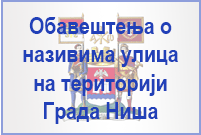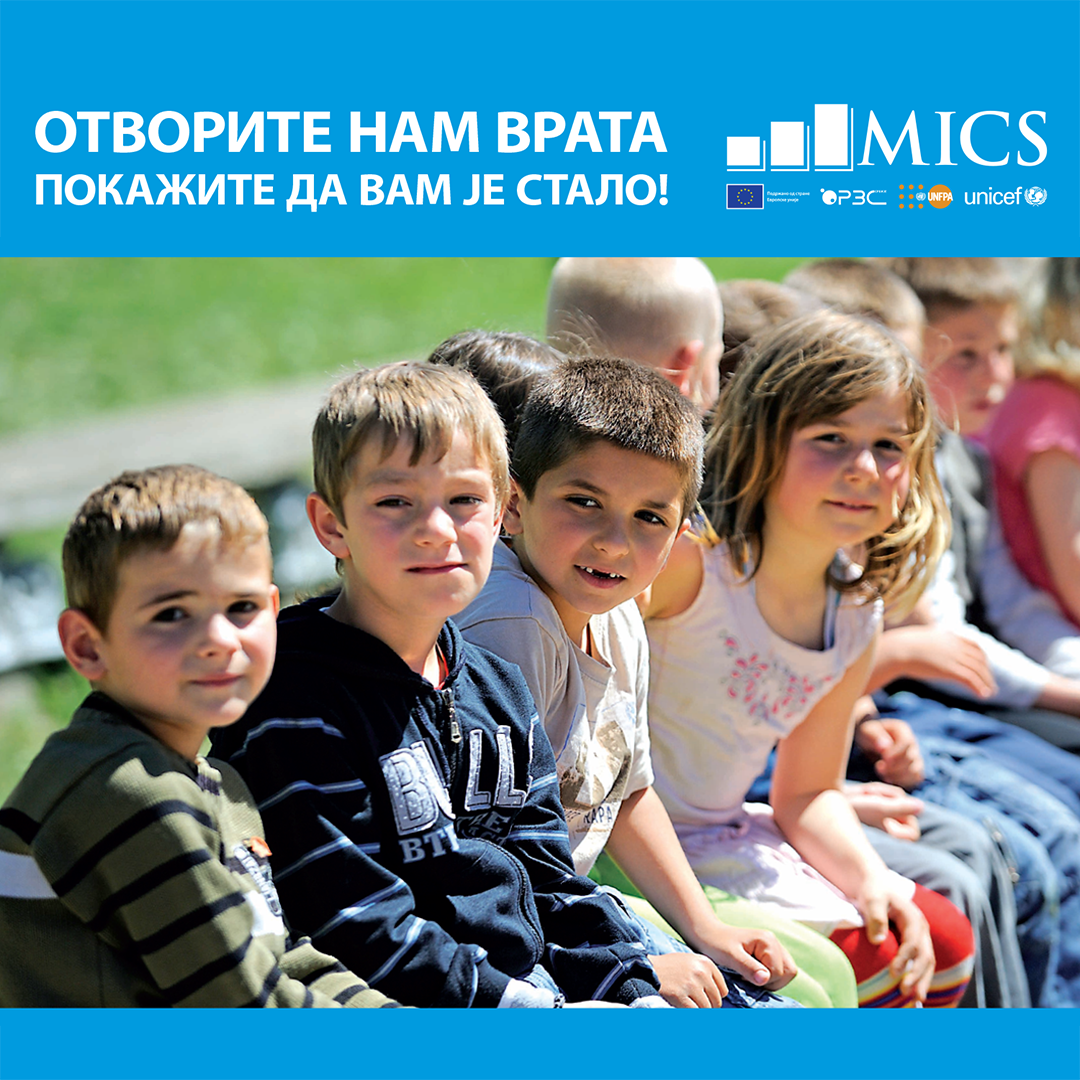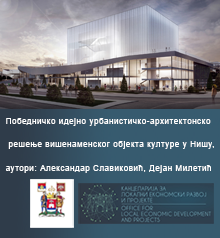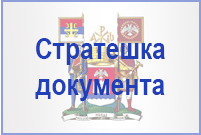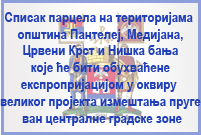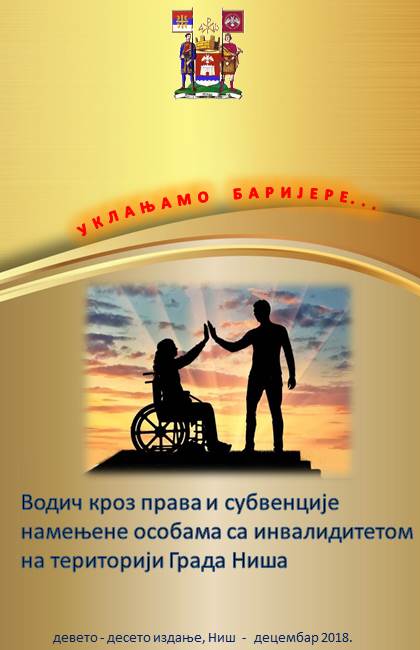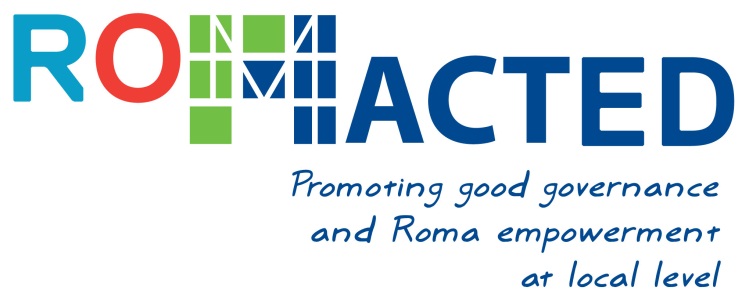 |
ROMACTED II
ROMACTED Programme Phase II officially started on 1 January 2021 and it will be implemented during the period of four years. The European Union/Council of Europe ROMACTEDII Programme will be a natural follow-up to the implementation of Phase I of the ROMACTED Programme and it will serve to consolidate and expand efforts to improve the integration of Roma populations in local communities through enhanced participation in local policymaking and implementation of local actions. ROMACTED II will continue to assist the local authorities to integrate Roma specific dimensions/measures into the mainstream local policies, action plans related to these policies, budgets and public service delivery, thereby enhancing democratic participation and empowerment of local Roma communities. The Programme is designed to build up political will and sustained policy engagement of local authorities, to enhance democratic local governance and to build up capacity and stimulate the empowerment of local Roma communities to contribute to the design, implementation and monitoring of plans and projects concerning them through the following outcomes: empowering Roma community – on the individual level (assisting people to practice their basic rights and to expand their capacity and skills), as well as on the community level (assisting people to get organised to voice out their interests around community problem solving, and; improving and expanding the institutions’ commitment, capacities, knowledge and skills in working for Roma inclusion, putting in practice the concepts of good governance; contributing to preparation of the local development actions that aim to improve the quality of life for Roma and to reduce the gap between Roma and non-Roma, including in relation to mitigating the effects of the COVID-19 pandemic. Specific actions include assisting the local authorities to integrate Roma specific dimensions/measures into the mainstream local policies, budgets and public service delivery on their agenda, while enhancing the participation of the Roma citizens in the design, implementation and monitoring of those policies and projects. |
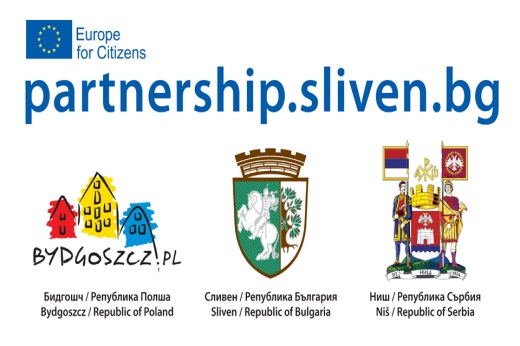 |
Europe for Citizens
The Europe for Citizens Program, which has been open to the Republic of Serbia since November 2012, is one of the European Union programs aimed at promoting co-operation between the countries participating in the Program in various fields related to common policies. The overall objectives of the program contribute to a better understanding of the European Union, its values, history and diversity, as well as the promotion of European citizenship and the promotion of civic and democratic participation at Union level. The programme priority themes are to raise awareness of the shared history and values of the Union promoting peace, its values and the well-being of its peoples, as well as fostering an understanding of civic participation in Union policy-making, as well as promoting social and intercultural engagement and volunteering at Union level. The City of Nis has accepted the participation in the project “United Europe – Security, Solidarity and Stability for All”, implemented by the Municipality of Sliven, Bulgaria and funded by the European Union within the program Europe for Citizens. The aim of the United Europe-Security, Solidarity and Stability for All Project is the cooperation of local authorities in Sliven (Bulgaria) with the cities of Nis (Serbia) and Bydgoszcz (Poland) in European contexts and promotion of solidarity in times of crisis, their mutual cooperation in economy, education, health, social activities, tourism and the arts, as well as intercultural dialogue and mutual understanding. |
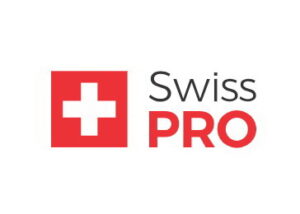 |
Enhancing Good Governance and Social Inclusion for Municipal Development Programme – Swiss PRO will contribute to the enhancement of the quality of life of Serbian citizens, particularly those who belong to excluded groups, through improving the rule of law at the local level, strengthening social cohesion and increasing the responsibility, transparency, efficiency and effectiveness of the local self-governments, as well as the participation of the population in the decision-making processes. Through the Swiss Agency for Development and Cooperation (SDC), the Government of Switzerland allocated funds in the total amount of EUR 5.8 million for the implementation of the Programme in the period from 1 January 2018 to 31 December 2021. The United Nations Office for Project Services (UNOPS) as the implementing partner is responsible for the implementation of the Programme, which will, in certain activities, be conducted in partnership with the Standing Conference of Towns and Municipalities (SCTM). The projects selected by public calls will, to the greatest extent, be implemented in line with the methodology of grant allocation. In this way, the institutions that are grant beneficiaries will have full control of the project implementation while UNOPS monitors the implementation and provides technical support. The Programme relies on good practices and results achieved by its predecessor Programmes EU PROGRES and European PROGRES. Key partners are the Government of Serbia, i.e. its institutions: the Ministry of Public Administration and Local Self-Government (MPALSG) and the Ministry of Labour, Employment, Veteran and Social Affairs (MLEVSA). The local self-governments from Sumadija and Western, Southern and Eastern Serbia included in the Programme represent key actors and beneficiaries of the Programme, which, together with their institutions and civil society organisations, should establish ownership over the activities conducted in their respective territories. The three key areas addressed by the programme are good governance, social inclusion and gender equality. |
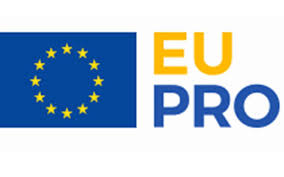 |
The European Support to Municipal Development Programme – EU PRO contributes to overall economic and social growth in 99 local self-governments in the regions of Sumadija and Western Serbia and Southern and Eastern Serbia. EU PRO aims to create business environment conducive to new investments and job creation, more competitive enterprises, improved work of local self-governments and enhanced social inclusion. The European Union allocated total amount of 25 million Euros for the realization of this three-year programme that started in January 2018. The Programme is implemented by the United Nation Office for Project Services (UNOPS) in partnership with the Ministry of European Integration (MEI) and other line ministries and institutions of the Government of the Republic of Serbia.EU PRO relies on the best practices and achieved results of its predecessor programmes se EU PROGRES and European PROGRES. Among the local governments whose projects are financially supported by the EU PRO program is also the City of Nis, for which € 30,000 was approved for the development of projects for the execution of works for the multifunctional Expo Center, to be built at the location Lozni Kalem in Niška Banja. |
 |
City of Nis joined the Programme ROMACTED Promoting Good Governance and Roma Empowerment at Local Level, which is a Joint Programme between the European Union (DG NEAR) and the Council of Europe. ROMACTED results from the experience of the ROMED and ROMACT programmes and will reflect upon the adaptation of these methodologies and activities to each beneficiary and selected location, in order to fit into the policy cycle and the dynamics and reality of each municipality, and thus bringing an additional input to existing policies and practices for an effective and more inclusive functioning. The aims of the programme are to: strengthen political will and support local development through capacity-building of local authorities and effective participation of Roma citizens in local plans and projects; empower the Roma citizens- on the individual level (assisting people to practice their basic rights and to expand their capacity and skills), as well as on the community level (assisting people to get organized to voice their interests around community problem-solving); improve and expand the institutions’ commitment, capacities, knowledge and skills in working for Roma inclusion, putting into practice the concepts of good governance. The specificity of the actions would be to assist the local authorities to integrate Roma specific dimension/measures into the mainstream local policies, budgets and public service delivery on their agenda, while enhancing the participation of the Roma citizens in the design, implementation and monitoring of those policies and projects. As a result of the implementation of the programme, it is expected that the participating municipalities remain with consolidated features to continue serving the needs of the Roma population such as sustainable local action plans and one-stop-shops that facilitate the access of Roma to the public services. The target groups of the project are local public administrations (the elected representatives and relevant officials) and the Roma communities from the selected |
 |
Programme Together for the Community – In order to help to improve the quality of life in the communities where it operates, NIS Novi Sad initiated the programme Together for the Community in 2009 which involves the cooperation with the municipalities and cities in the spirit of corporate social responsibility and the need to connect the local community and significant business entities. So far NIS has supported over 67 projects with 55 million dinars. |
 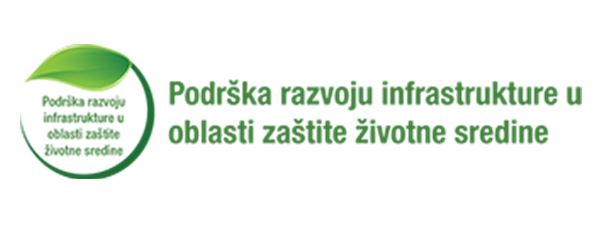 |
The Priority Environmental Infrastructure for Development Project (PEID) – The Priority Environmental Infrastructure for Development Project (PEID) started in September 2016 with the set implementation period of three years. The project aims to contribute to preparation of priority projects to be ready for financing and implementation within the environmental sector. PEID project will provide technical support to Division for Project Management in the Environmental Area (DPM) of Ministry of Environmental Protection of the Republic of Serbia (MEP) for project management as part of a process of capability and capacity development. The support will enable DPM to develop priority projects that will make a strategic contribution or preparation of smaller projects to unlock available funding while the major projects are being finalized. The purpose of PEID project is to achieve improved infrastructure project preparation, preparation of technical documentation for implementation of selected priority projects, increased capacity of MEP DPM in preparation of environmental infrastructure projects. The importance of the project reflects also in the improvement of understanding of different target groups on the need for improving existing or construction of a new WWTP and waste management facilities in Serbia, not only to meet EU and Serbian standards, but also to secure healthier environment and living standards for all citizens of Serbia as well as benefits for stronger economic development. PEID is funded by the Swedish Government within the SIDA framework for foreign assistance. It is managed by the Embassy of Sweden in Serbia and with the Ministry of Environmental Protection of the Republic of Serbia (MEP). The City of Nis signed a Memorandum of Understanding with the Ministry of Environmental Protection, which marked the beginning of the preparation of technical documentation for the implementation of the “Wastewater Collection and Treatment Project in Nis”. |
 |
Environmental Infrastructure Support Programme (EISP) – The overall objective of EISP is to provide the Department of Project Management (DPM) of the Ministry of Agriculture and Environmental Protection (MAEP) with the capability and tools to oversee the programming and implementation of at least € 40 million of environmental infrastructure projects each year of accreditation and be ready for EU structural funds on accession. The Programme (EISP) is financed by the Swedish International Development Cooperation Agency (Sida) and implemented by the International Management Group (IMG).The Feasibility Study for the Wastewater Collection and Treatment Plant Project was done for the City of Nis under this programme. |
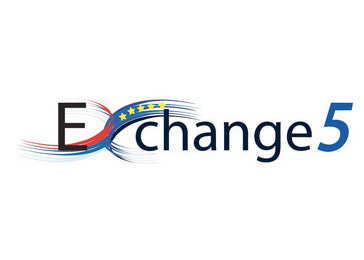 |
Exchange 5 Programme is funded by the European Union from IPA 2014. Тhe Ministry of Public Administration and Local Self-Government is the Beneficiary in terms of indirect management of funds, Department for Contracting and Financing of EU Funded Programmes at the Ministry of Finance (CFCU) is the Contracting Authority, while the Standing Conference of Towns and Municipalities is the implementing partner. Ultimate beneficiaries of the Programme are the LSGs in Serbia and citizens/local communities benefiting from improved property management and related services by local governments. Activities are divided in two components: component 1: Property management support to LSGs and component 2: Municipal planning and programme budgeting support. The EU contribution within Exchange 5 Programme is 4,5 million euros and the envisaged duration of the programme is 3 years. City of Nis was approved the project Efficient and effective property management in the City of Nis and the Municipality of Cuprija through the introduction of the geographic information system, implemented by the City of Nis in cooperation with the Municipality of Cuprija within the programme component 1. City of Nis is also the part of the programme related to the municipal planning and programmes budgeting within which the support is provided to LSGs in all phases of budgeting cycle in the course of three years of Exchange 5 implementation. |
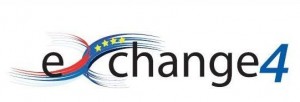 |
Exchange 4 is a 2-year programme funded by the European Union, managed by the Delegation of European Union in Serbia and implemented by the Standing Conference of Towns and Municipalities, national association of local authorities in Serbia. The overall objective of the programme is to contribute to the process of strategic changes at the local level through enhancement of administrative capacities and effectiveness of service provision by LSG units in Serbia in line with principles of PAR strategy, specific national policies and EU practices. In order to contribute to achievement of the overall objective the project purpose aims to strengthen LSG units in the areas of municipal planning, finance and service provision, building on the results of the previous phases of capacity building support to LSGs, through the following specific objectives divided into three components: 1. support implementation of relevant national priorities through linking LSG sector strategies and action plans and development of pipeline of specific sectors municipal infrastructure projects; 2. support fiscal decentralization through facilitating implementation of new financial regulations in area of programme budgeting, tax administration and alternative sources of financing; 3. support implementation of priority national policies in local economic, social and environmental sectors at local level through grant scheme projects. The total budget of the grant scheme was 4,500.000 euros. The City of Nis implemented two projects with the support from the Exchange 4 programme: The Assets of Local Self-government in the Processes of European Integration together with the City of Pirot and Preparation of Local Plan for Waste Management together with Standing Conference of Towns and Municipalities. |
 |
The Exchange 3 Programme represents a continuation of actions and measures launched under Exchange 1 and continued under Exchange 2 aiming at introducing EU models of functioning and improvement of capacities and efficiency of local self-governments in Serbia. The overall objective of this project is “to contribute to strengthening capacities of local self-government units in Serbia to further implement the decentralization process in Serbia in accordance with European Union standards”. The objective of the Exchange 3 programme is to increase capacities for good governance, better service delivery and to ensure preconditions for financial sustainability and effectiveness at local level, as well as to strengthen SCTM to raise number and quality of services to its members and to enhance cooperation between stakeholders in decentralization process. The Project purpose is to further strengthen the capacities of the SCTM and the LSGs units through the following specific objectives divided into five components: LSDS and SLAP support – further support to LSG units to plan and implement sustainable development strategies (SLDS) including the municipal infrastructure (SLAP information system); Municipal finance support: Further support to LSG units improve municipal financial management and introduce programme (multi-annual) planning; Co-ordination and training support: Further strengthening of co-ordination and training function of the SCTM; grant scheme support two calls for proposals and LSG sector programming support: Support to the integrated process of programming in the area of local government and community development. The City of Nis is a partner in two projects implemented under this program: Establishment of the Center for Sustainable Project Development according to the standards of the European Union in the Municipality of Lazarevac and Improving Services and Management Capacities in the City of Nis focused on the modernization of the Citizens’ Service Center. |
 |
By participating in the Programme EXCHANGE 2 – Joint Support to Local Governments in Serbia, the City of Nis had the opportunity to receive professional support and assistance from eminent domestic and international experts in order to transfer the knowledge needed to strengthen local capacities, develop a system of managing strategic projects, financial resources, access to international funds and investors. Within the Exchange 2 Programme the City of Nis implemented two projects: City of Nis – Local Self-Government on the Road to European Integration and Action Plan for Sustainable Development of the City of Nis in the period from 2010-2014. |
 |
International development cooperation between Germany and the Republic of Serbia began in 2000. On behalf of the German Federal Ministry for Economic Cooperation and Development (BMZ), GIZ supports Serbia in moving towards integration into the EU, improving its economic performance and consolidating democratic structures. GIZ is engaged in the following priority areas: sustainable economic development and employment, democracy, civil society and public administration, public infrastructure (energy and water). Since 2016, GIZ has been cooperating with the Ministry of Mining and Energy and the Ministry of Environmental Protection to help attract new and increase existing investments in the areas of energy efficiency and renewable energy sources. The City of Nis together with GIZ implements the projects “Energy Efficiency in Public Buildings – DKTI EE” and the project “Support to Integration of Roma and Other Vulnerable Groups into the Labor Market in the Waste Management Sector – Pilot Project in the City of Nis” as a sub-project within the project “Waste Management in the Context of Climate change “(DKTI). |
 |
Help-Hilfe zur Selbsthilfe Mission in the Republic of Serbia has been operating in Serbia since November 1999 providing socio-economic assistance for vulnerable individuals – refugees, internally displaced persons and Roma population. Main projects implemented by Help in Serbia focus on following sectors: socio-economic support programmes and micro-enterprise development through income generation assistance; support to the closure of collective centers by providing alternative housing solutions; trainings and support for start-up businesses; construction and rehabilitation projects. With its activities Help is supporting implementation of several National Strategies: the Poverty Reduction Strategy, the National Strategy for Resolving the Problems of Refugees and Internally Displaced Persons, the Strategy for the Development of Small and Medium-sized Enterprises and Entrepreneurship in the Republic of Serbia. The ongoing project with the City of Nis is Support to socio-economic stability in the Western Balkans Region. |
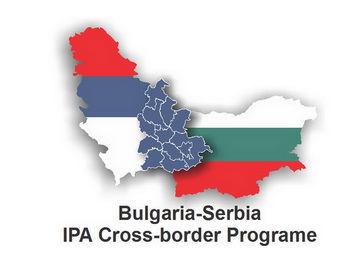 |
Interreg-IPA Cross-Border Cooperation Bulgaria-Serbia Programme was adopted by the European Commission in 2015. The overall objective of the programme is to boost territorial cohesion in the Bulgarian-Serbian cross-border region as well as the competitiveness and sustainability of its development through co-operation in the economic, social and environmental spheres across administrative borders. This overall aim has been broken down into three specific objectives by the participating countries. These are: to bolster infrastructure and improve the environment on both sides of the border through enhanced access to transport, information and communication services, and cross-border systems for utilities and environmental protection; to increase economic synergies in the region and improve the capacity for joint use of shared regional potential to improve regional prosperity by developing policy and social networks. This provides a solid framework for (cross-border) business support, partnerships (particularly in sectors such as culture, tourism, research and development, environmental protection, education), active exchanges of best practices, and joint regional planning and preparation of the region’s economic sector for participation in the EU market; to promote the principles of sustainable development in the cross-border region by developing successful models for co-operation between business and co-operation between local stakeholders in key priority areas. The eligible area of the Programme covers NUTS III regions or equivalents, situated on the border between both partnering countries, including: Bulgarian districts of Vidin, Montana, Vratsa, Sofiyska District, Pernik and Kyustendil, and Serbian districts of Bor, Zajecar, Nisava, Toplica, Pirot, Jablanica and Pcinja. The Ministry of Regional Development and Public Works of the Republic of Bulgaria is designated to perform the functions of Managing Authority, and the Ministry of European Integration of the Republic of Serbia is designated to perform the functions of National Authority under the Programme. (http://www.ipacbc-bgrs.eu/) |
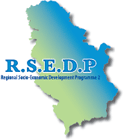 |
Regional Socio-Economic Development Programme 2 (RSEDP 2) represents a part of IPA 2007 funding programme and is hence funded by the European Union. Main beneficiary is Ministry of Economy and Regional Development but the partners on this task are all relevant national and local institutions as well as other government, non-government and business organisations. Started in June 2009, this project inherited RSEDP1 as the first stage of the programme in Serbia and is today comprised of three components, focused on capacity building through: the support to Regional Development Agencies (RDAs), encouragement and support to inter municipal cooperation, grant scheme. The project is implemented by European consortium led by WYG International consultancy enterprise. The programme is designed to provide strategic and operational support to Regional Development Agencies encouraging them to take a prominent role and improve their competencies in the regional development process and to become credible partners in the implementation of regional development plans and programmes both to the community level stakeholders and the Government.RSEDP2, as part of the EU IPA funding, is also coordinating and monitoring the total of 32 Grant Scheme for regional development projects with the total EU funding of 12 million euro. The City of Nis participated in this program with the Cheese Cluster South Project. |
 |
The Local Economic Development Programme in the Balkans (LEDIB) is a five-year program to support local economic development with a focus on the development of the small and medium-sized enterprises (SME) sector. The development goal of the program is the socially balanced economic development and job creation in Nisava District in Serbia. |
 |
The City of Nis and five city municipalities started the project implementation – Guillotine Regulations together with the International Finance Corporation (IFC). By applying European methods in the field of administrative procedures, procedures will be standardized and each segment of the work of the city administration will be standardized in order to improve the business environment with the reform of the work of the local self-government, simplify the process of issuing permits and approvals, but also strengthen the transparency in the work of city services. The guillotine of regulations envisages the establishment of better relationship between citizens and representatives of the local administration. |
  _____________________ _____________________ |
USAID Sustainable Local Development Project: The MoU was signed with the USAID Sustainable Local Development Project and the Inter-municipal Cooperation Agreement with the municipalities of Doljevac, Merosina and Gadzin Han, which officially formed the inter-municipal partnership of the involved parties. The new USAID project is 22 million dollars five-year initiative aimed at supporting the long-term economic and social development of communities in Serbia. The components of the program are strengthening inter-municipal cooperation, empowering local self-governments, increasing citizen participation, youth development and creating a more favorable climate for business development. Expected results of the program include job creation as well as new investments, access to pre-accession EU funds, public-private partnerships, professionalism in municipal management, surplus of income for capital investments, competitiveness of young people entering the labor market, direct engagement of leading businessmen on the issue of local economic development, strengthening of local self-governments in terms of transparency, accountability and field of operation. A sustainable local development project will operate in 12 clusters or interest-related municipalities and cities, and each cluster will gravitate toward one of the four major development centers. To begin with, Nis and Novi Sad were selected as two such development centers. |
  |
The cooperation agreement was signed between the City of Nis and the Urban Institute (the implementation agency) to participate in the 3rd phase of the USAID Municipal Economic Growth Support Program (MEGA). The main objective of this Programme is to develop the capacity of local government and the local business community to stimulate economic development and job creation in order to create conditions for creating a favorable business environment in which the private sector can develop significantly. |
  |
The Memorandum of Understanding was signed between the City of Nis and DAI (Development Alternatives Inc.), the implementing partner of the USAID Program for Crisis Planning and Response in Crisis Situations and the strengthening of economic security. The City of Nis and DAI will cooperate on program initiatives to develop capacities for planning and reacting in the event of natural disasters, crises and emergencies in Serbia. |
 |
In December 2008, the City of Nis continued its cooperation with the UN Habitat and the Government of the Republic of Italy through the establishment of the city team for the implementation of the City of Nis Development Strategy; revision of the Strategy from the aspect of projects prepared for the realization and finding sources of financing; three-year operational plan for the period from 2009 to 2011; development of the City of Nis communication strategy. |


